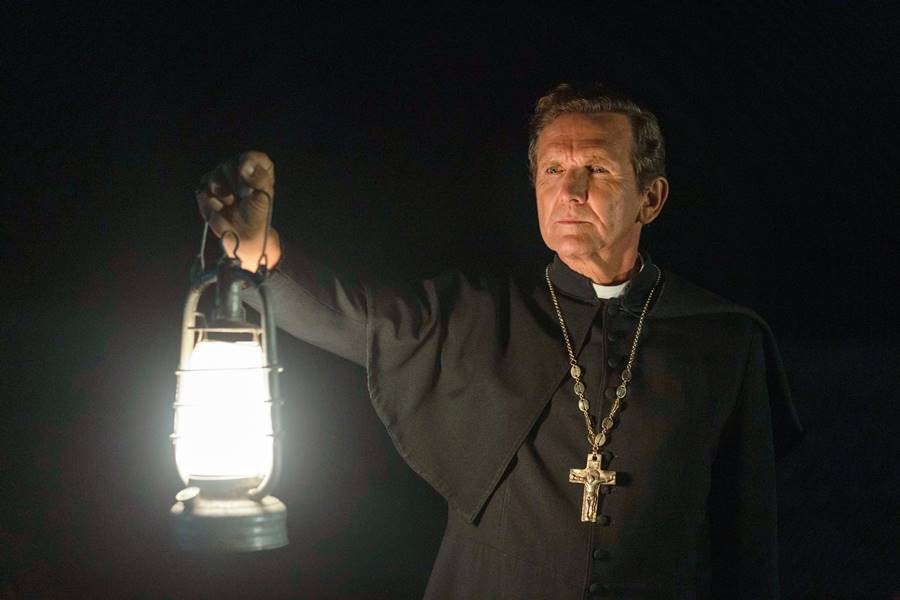
By Jae-Ha Kim
Chicago Tribune
February 21, 2023
Born in France and raised around the world, actor Sebastian Roché had a multicultural upbringing that included learning how to speak several languages fluently. “My French grandfather left France in 1940 for London, so my father was raised as an Englishman, and didn’t speak French until they moved back to France when he was seven,” Roché said in a Zoom interview from his West Los Angeles home. “He was the most British Frenchman you would ever meet. My father’s side were diplomats. My grandfather was a French ambassador. My mom was British of Scottish origin, but born in England and raised in Egypt, because [her father] was MI5 – a secret agent – and stayed there until his retirement.” Currently co-starring as Father Renaud opposite Harrison Ford and Helen Mirren in the Paramount+ series “1923,” the actor – whose credits also include “The Last of the Mohicans,” “Beowulf,” “We Love You, Sally Carmichael!” – talked to us about his unorthodox upbringing, making his theater debut with Al Pacino and filming “1923” in Montana.
Q: Where did you grow up?
A: We were raised in France, where we went to the Lycée International de Saint-Germain-en-Laye outside of Paris, where it was kind of a modern concept. There were all these different sections – Spanish, Italian, American English. So you would study in French and then also study in English, or whatever you chose, actually. And then my father was a very unorthodox person. He decided that we should buy a 45-foot sailing boat and he left his corporate life, because he said, “I never see my kids.” And we set off for six years [from the time I was 12 to 18]. That was my upbringing, being raised in the Mediterranean, Africa, Caribbean and South America. In Martinique, I went to school and was the only white boy. I loved my time there.
Q: As a white child, you experienced what it was like to be a minority at a young age. But did you get a sense that your classmates resented you for being white?
A: I heard a few words that can be affectionate or a slur, depending on the tone. But I made a lot of friends and was treated very well and was well aware of my privilege. I’ve always been interested in learning and integrating into society. My father was a wonderfully open person who introduced us to different cultures and languages at a young age, so we didn’t go anywhere and expect people to adapt to us. We worked to fit in.
Q: Where do you film “1923”?
A: Most of the Montana scenes are shot in Butte, which is a fascinating place. We landed in Bozeman, which the locals call Boze Angeles. [Laughs.] There are so many people who came and bought mansions and drove up the prices. It’s a really charming little town with everything in it. It is a little like landing in L.A. There’s a vegan restaurant and a lot of very hip places. [Production] usually rents a car for us and we drive ourselves from Bozeman to Butte. I had never been to Montana before and I totally understand why it’s called Big Sky Country. I travel a lot in California because I’m a rock climber, and here there are massive expanses. But in Montana, everything seems bigger with these wild, massive expanses with Savanna-like grass and these rolling hills. And then in the distance, you see these massive peaks. It’s stunningly beautiful. I always have this feeling of adventure when I discover a new state.
Q: What was your view of America when you first arrived?
A: When I was a kid, I grew up on these American movies and got an idealistic idea of this country. So when I arrived in New York in my 20s, where I ended up living for 15 years, it was quite a shock. But it was the most extraordinary shock. There was this incredible energy. I got my green card very quickly and the acting community embraced me so fiercely, which was quite the contrary to what I had been used to in France. I thrived on this dog-eat-dog American attitude, which is what sprung me into action. I worked waiting tables and then finally got a job in theater. I was lucky enough that my first job in theater was working with Al Pacino. I remember auditioning for “Salome” by Oscar Wilde for the role of John the Baptist, which is a big role in the play, and was so excited at the opportunity.
Q: Your first theater job in the U.S. was with Al Pacino?
A: [Laughs] Yes, and he was very nice to me.
Q: You live in Los Angeles now. How is the vibe different from your time in New York?
A: I’ve been living in L.A. for 15 or 16 years now. The dynamic was different when I was living in New York. I was a New Yawk actor [says this in an exaggerated Bronx accent]. I considered myself a New Yorker. I was like, “L.A. sucks.” Back then, New York actors who were theater dudes had this attitude of, “We’re more serious than you are,” which is ridiculous. It’s not like that anymore.
Q: As a New York actor, why did you make that move to the West Coast?
A: I needed a change of pace. The frenetic pace of New York got to me. I was burned out. I got a job in L.A. and went through a divorce and decided to move on. I got to L.A. and found this house that I live in. I think it’s really important that you find your haven – your little corner of paradise. I instantly fell in love with this house. I’ve never looked back. I’ve truly embraced this West Coast lifestyle. I started rock climbing and doing everything I can in the water. I’ve never traveled more than since I’ve been in L.A. – and I travel farther away from home than when I was in Europe. New York had this effect of keeping you in and you don’t really get out of it. Whereas L.A. has this effect of broadening your horizons.
© 2023 JAE-HA KIM
DISTRIBUTED BY TRIBUNE CONTENT AGENCY, LLC.
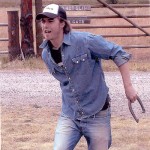


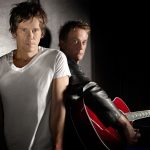
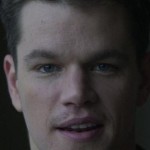
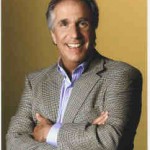
2 thoughts on “Go Away With … Sebastian Roché”